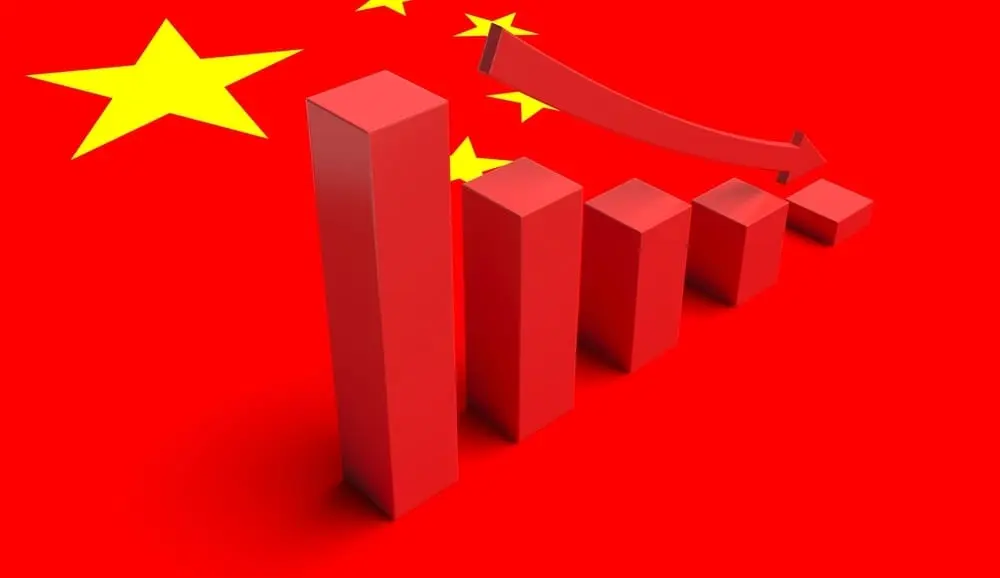
Lorem ipsum dolor sit amet, consectetur adipiscing elit. Ut elit tellus, luct
There’s a common saying that when the United States sneezes, the rest of the world catches a cold. However, what unfolds when China is unwell?
In the intricate web of global economies, China, the second-largest economy, home to over 1.4 billion people, is encountering a myriad of challenges. From sluggish growth and high youth unemployment to a turbulent property market, the consequences of China’s economic woes are sending ripples across the world. The impact on multinational corporations is palpable. Giants like Apple, Volkswagen, and Burberry, heavily reliant on China’s expansive consumer market, are bracing for the repercussions of decreased household spending.
As these companies suffer, so too do the thousands of global suppliers and workers in their supply chains. China, contributing over a third of global growth, holds a pivotal position, and any slowdown resonates far beyond its borders.
George Magnus, an economist at the University of Oxford’s China Centre, challenges the notion that China is the sole engine of global prosperity. He argues that China’s substantial trade surplus, exporting more than it imports, means its growth is more about internal dynamics than global influence.
However, Roland Rajah, Director of the Indo-Pacific Development Centre at the Lowy Institute, highlights the broader impact. Reduced Chinese demand translates to lower prices, affecting raw material and commodity exporters like Australia, Brazil, and several African nations.
China’s economic indicators in October paint a concerning picture. The Purchasing Managers Index for manufacturing activity contracted, signalling a decline, while weak demand reflects in lower prices. This scenario has broader implications, particularly for nations invested in China’s Belt and Road Initiative. The economic downturn could also influence China’s foreign policy. A vulnerable China may seek to repair relations with the United States, but current evidence suggests otherwise. Trade restrictions and a strained relationship persist, with Beijing maintaining ties with leaders of sanctioned regimes.
Some speculate on potential geopolitical consequences, especially regarding Taiwan. The self-governing island claimed by Beijing may face increased unpredictability if China’s economic troubles persist. While US President Joe Biden downplays the likelihood of Chinese aggression, historical lessons caution against underestimating unforeseen developments.
Analysts debate the likelihood of a financial contagion akin to the 2008 global recession. While parallels exist, experts like George Magnus argue that China’s strong financial institutions and control make a Lehman-type shock unlikely. However, caution prevails, emphasizing the interconnectedness of global economies and the unpredictability of their interactions.
In a world where local concerns have global ramifications, China’s economic challenges serve as a stark reminder that the unexpected can reshape the landscape of global prosperity.